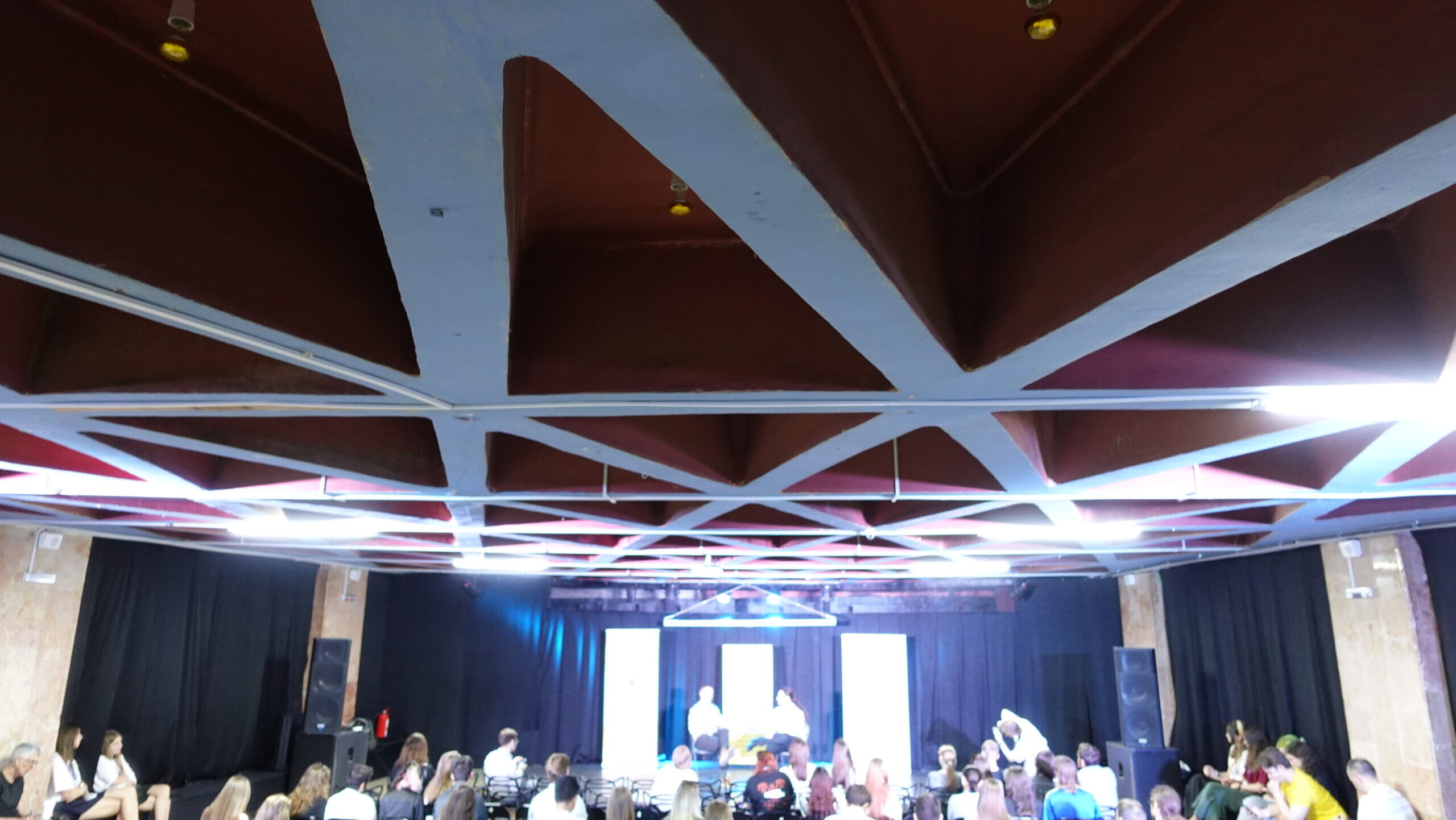Image citation – Austin Distel, Licensed under Unsplash License
When one hears the word capitalism, the subsequent thoughts that follow seem to be words like competition, exploitation, production, etc. However, it is seldom related to the term cooperation among the general society. Cooperation is an obvious prerequisite for capitalism to function. It is evident since the emergence of the barter system for trading goods to an internally fully-fledged trade regime and multilateral institutions for peace, health, and more. Our psychological wiring tends to overlook these obvious characteristics that are underlying in almost all human endeavors. Of course, capitalism is not ‘all’ about cooperation. We have witnessed violence in forms of war, imperialism, and even famines due to the mismanagement of the capitalist system. However, by observing the contemporary global capitalist system as a whole, we can deduce that cooperation is something that is fostered and competition has been excessively festered to win the never-ending race for profits.
Flocks of birds fly together to reduce wind drag during migration, schools of fish swim together to increase the chance of survival in the face of predation. Similarly, in the human world, armies are vast cooperative enterprises in which troops “watch each other’s backs” when confronting enemies; and entrepreneurs pool their resources to form companies that hold onto greater market share against their competitors. The survival of the fittest does not only apply to individuals, it also extends to groups in the form of family, community, company, and states. All of these actors have the need to cooperate with their counterparts to ensure survival and possibly prosperity – that is where libertarian principles take us to. We cooperate with each other in order to create an interdependent and symbiotic relationship – regardless of differences. A popular example would be the United Nations. The international organization itself is a cooperative arrangement between states of different political, economical, social, and cultural systems. Thanks to this arrangement the world has witnessed a steep decline in inter-state wars. Yet we see violence in this almost capitalist world. What fosters this then?
Capitalism progresses through innovation and competition. In simple words, competitions compel actors to be innovative in what they do. This allows, for example, a company to innovate its products and services to outperform its market competitor. Since humans are the ultimate decision-makers, they resort to violence or unethical practices in order to outperform or destroy their competitors. This can be observed as wars between states, feuds among families and communities. However, the causes for violence are more complex than they may seem and it is a consequence of various factors within the capitalist system. Therefore, capitalism fosters cooperation but through a competitive framework for the sake of increasing efficiency. Furthermore, capitalism creates an interdependent relationship within actors, as a result, it increases the cost of cutting ties with the other actor. Therefore capitalism not only fosters cooperation but also disincentivizes confrontation and violence.
Capitalism requires actors to cooperate in order to sustain the competitive framework. Therefore, cooperation is a fundamental element of capitalism.
This piece solely expresses the opinion of the author and not necessarily the organization as a whole. Students For Liberty is committed to facilitating a broad dialogue for liberty, representing a variety of opinions.






